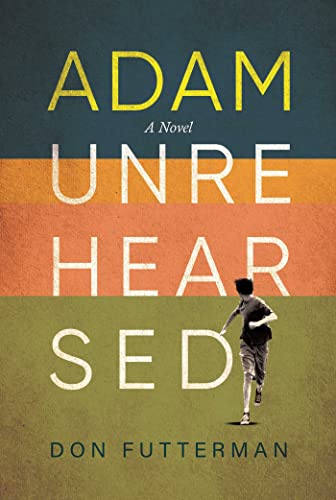Adam Unrehearsed
In the way of all enduring fiction, Adam Unrehearsed uses vibrant specificity of time and place to wrench readers into a new world that feels emotionally familiar. Anyone who has passed through adolescence will recognize the push/pull of family, intense and fickle friendships, and the desperate need to belong and succeed without knowing how.
It’s 1971 in Queens, New York. Adam is a smart, too-sensitive Jewish boy, an avid Yankee fan, bewildered when his best friends shun him, discovering theater, sure he’ll monumentally embarrass himself at his coming bar mitzvah, in love with a girl he’s much too shy to contact—the whole messy, bewildering tangle of teenage years.
Larger social forces loom over Adam. High school and street gangs threaten him every day. Racial tensions pit Black, white and Jewish communities against each other despite their common needs. He must secretly leave a neighborhood he loves. His best friends turn against him, but the new boy from India gets him. His synagogue’s vandalized and the older brother becomes a Zionist militant, to the dismay of a father who believes against all evidence that people of good will can talk out their grievances.
Futterman is masterful in portraying the vastly separate worlds within each family, as when Adam laments: “Adults can’t understand true thoughts that make no sense. They want to solve feelings as if they’re problems, overeager to erase them. I won’t be like that when I grow up.” Funny, wise, heartbreaking and heart-healing, Futterman’s novel reaches across time, ethnicity and faith traditions to bore into the universalities of youth. Non-Jewish readers may have a small critique, that a glossary would be helpful, but all the fundamentals of a classic coming-of-age tale shine through in Adam Unrehearsed.










